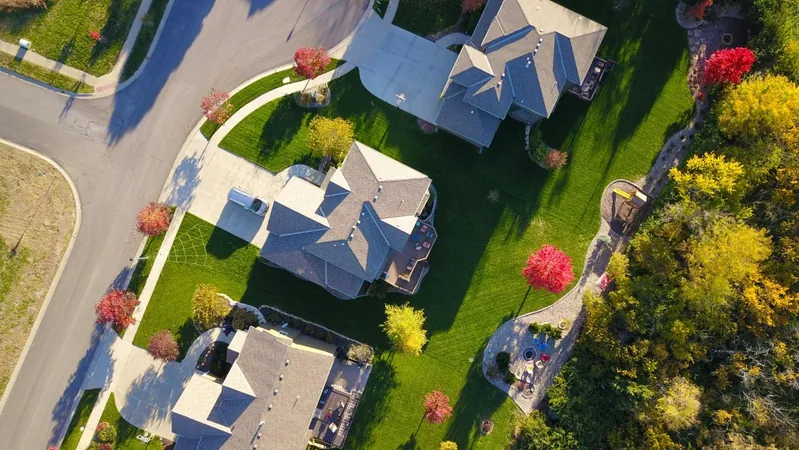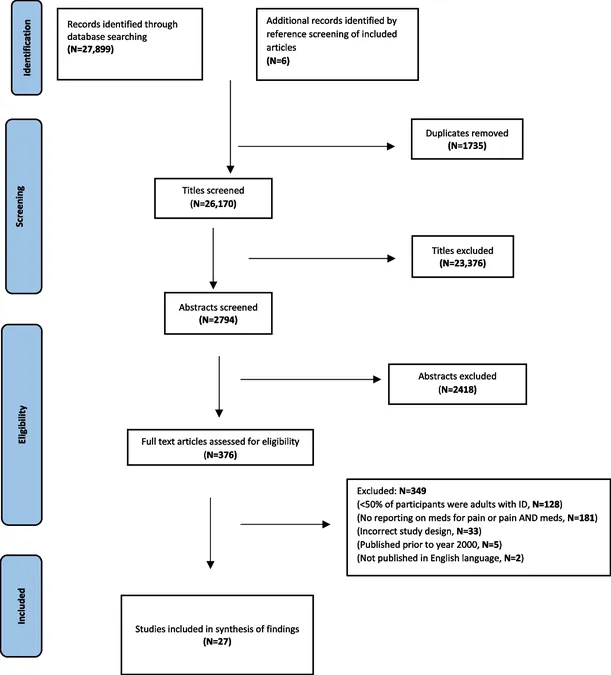
Are You Buying a Home in Quebec? Everything You Must Know About the 'Welcome' Tax!
2024-11-30
Author: Charlotte
Buying your dream home in Quebec can feel like riding a thrilling rollercoaster, filled with excitement at the prospect of a new beginning—until the dreaded welcome tax bill arrives. Officially known as the property or real estate transfer tax, this additional cost can vary significantly, reaching from a few thousand dollars to tens of thousands, depending on the home's price.
Dr. Brian Wenzel, an associate professor of accounting at McGill University, sheds light on this taxing reality: “When any property title changes hands, the province imposes a tax on that transaction.” Established in 1976, this tax is levied at the municipal level, allowing cities to raise funds without going through provincial approvals.
Why the Name 'Welcome' Tax?
The term "welcome" tax—or "la taxe de bienvenue"—was coined by Jean Bienvenue, a former Quebec Liberal Minister. This tax was designed to empower municipalities to enhance their financial independence and establish a broader tax base. Interestingly, it’s the cities, particularly Montreal, that benefit significantly from these funds, as Wenzel mentions, “It’s one of the few areas where they can raise revenue without needing to consult Quebec City.”
A Vital Revenue Stream
Did you know that in 2022, Quebec's municipalities collected a staggering $1.4 billion from property transfer taxes? The City of Montreal alone accounted for over $410 million of this total. Projections indicate that Montreal's revenue from this tax will likely rise from $286 million in 2023 to approximately $324 million in 2024, showcasing its importance to municipal finances.
While the prospect of paying the welcome tax may seem daunting, it contributes to essential city services, including the maintenance of infrastructure like roads and parks. Wenzel acknowledges, “While it may seem like a burden, the intention behind this tax is to diversify city financing, potentially allowing for lower taxes elsewhere.”
Understanding How the Tax is Calculated
For prospective homeowners, understanding how the 'welcome' tax is calculated is crucial. The tax operates on a tiered system based on the property's price, with established brackets to determine the tax rate:
- 0.5% on the portion of the price up to $58,900 - 1.0% on the portion from $58,900 to $294,600 - 1.5% on amounts exceeding $294,600
Moreover, Montreal imposes additional rates for higher-priced homes:
- 2.0% on the price from $552,300 to $1,104,700 - 2.5% from $1,104,700 to $2,136,500 - 3.5% from $2,136,500 to $3,113,000 - 4.0% on amounts exceeding $3,113,000
For instance, purchasing a home for $700,000 results in a welcome tax of about $9,471, while a million-dollar property could cost a buyer over $15,000 in cities like Montreal.
What Lies Ahead for Homebuyers?
With interest rates expected to decline, experts predict a resurgence in the real estate market, indicating potential increases in property sales—and thus, more revenue from the welcome tax for municipalities. Wenzel optimistically suggests that this could lead cities to reconsider their approach to local taxation, possibly alleviating some financial burden from property owners.
Navigating the complexities of the welcome tax is crucial for all prospective homebuyers in Quebec. Being informed can empower you to manage your finances better as you embark on this significant life investment. While paying this tax can be frustrating, understanding its purpose and impact might take some of the sting away!









 Brasil (PT)
Brasil (PT)
 Canada (EN)
Canada (EN)
 Chile (ES)
Chile (ES)
 España (ES)
España (ES)
 France (FR)
France (FR)
 Hong Kong (EN)
Hong Kong (EN)
 Italia (IT)
Italia (IT)
 日本 (JA)
日本 (JA)
 Magyarország (HU)
Magyarország (HU)
 Norge (NO)
Norge (NO)
 Polska (PL)
Polska (PL)
 Schweiz (DE)
Schweiz (DE)
 Singapore (EN)
Singapore (EN)
 Sverige (SV)
Sverige (SV)
 Suomi (FI)
Suomi (FI)
 Türkiye (TR)
Türkiye (TR)